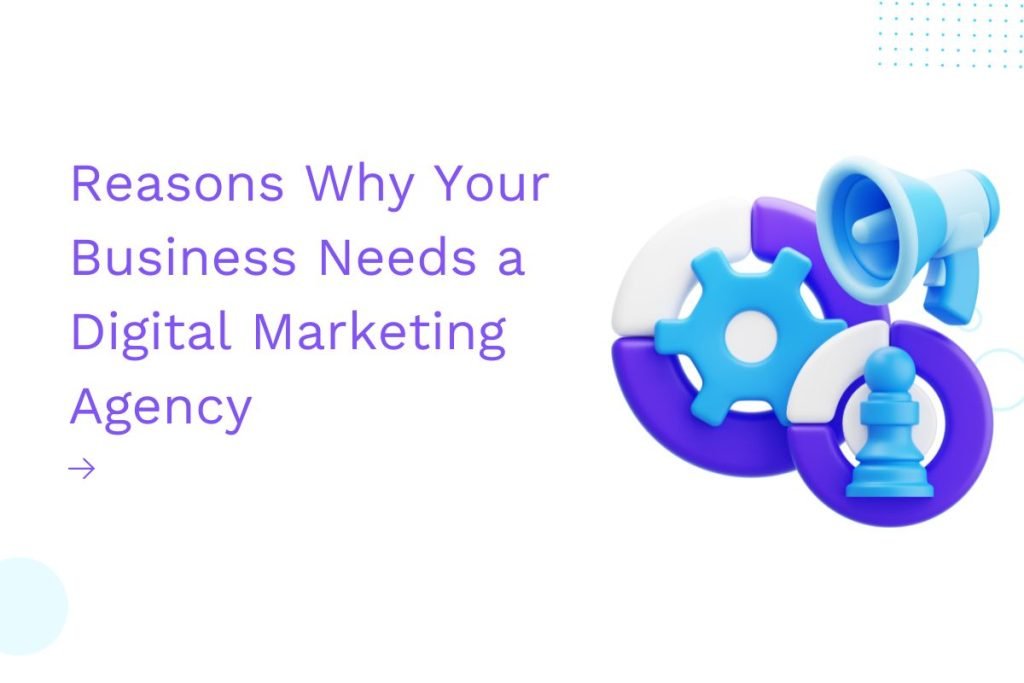Digital Marketing : Content Audit
- Expertise: The content provides a clear explanation of the topic of using AI in digital marketing and offers practical tips for implementation. However, the author does not demonstrate expertise in the field.
- Authoritativeness: The content does not showcase any source or reference to back up the claims made about AI in digital marketing.
- Trustworthiness: The information provided in the content appears to be accurate and reliable, but the lack of sources reduces the trustworthiness of the content.
- YMYL: This topic is not directly related to “Your Money or Your Life”.
Digital Marketing : Actionable Suggestions
- Add credible sources and references to back up the claims made in the content.
- Include case studies or examples of companies that have successfully used AI in their digital marketing strategies.
- Discuss the potential risks and limitations of using AI in digital marketing.
- Highlight the specific AI tools and technologies that can be used in digital marketing.
Title tag and H1:
- Title tag: “Maximising ROI with AI in Digital Marketing”
- H1: “Using AI for Effective Digital Marketing Strategies”
This will help better match the search intent and user expectations for information about using AI in digital marketing, and also provide more credibility and trustworthiness to the content.
How to Use AI SEO to Improve Your Website
Here are some ways to use Artificial Intelligence (AI) in search engine optimisation (SEO) to improve your website:
- Keyword Research: Use AI-powered keyword research tools to identify the most relevant and high-traffic keywords for your website, and to stay up-to-date on changes in search behaviour.
- Content Optimisation: AI can analyse your website’s content and suggest optimisation strategies to improve its relevance and ranking, such as keyword placement and meta tags.
- Link Building: AI can help you identify quality backlinks and opportunities for link building, which is an important factor in search engine rankings.
- Site Speed Optimisation: AI can analyse your website’s speed and provide suggestions for improvement, as fast-loading websites are favoured by search engines.
- Analytics: AI can provide detailed and actionable insights into your website’s performance, allowing you to track and optimise your SEO efforts over time.
Remember, AI is just one tool in the SEO toolkit. It’s important to have a solid understanding of best practices for on-page optimisation and to continually evaluate and refine your strategy for the best results.
Ways To Incorporate Artificial Intelligence To Your Digital Marketing Strategy
Here are some ways you can incorporate Artificial Intelligence (AI) into your digital marketing strategy:
- Chatbots: Implement AI-powered chatbots on your website and social media to provide quick and efficient customer support.
- Personalisation: Use AI algorithms to analyse customer data and provide personalised recommendations and advertisements.
- Predictive analytics: Utilise AI to analyse consumer behaviour and predict future trends to inform your marketing strategies.
- Content creation: Implement AI-powered tools to create custom visuals, videos, and copy for your campaigns.
- Customer segmentation: Use AI to sort and categorise customer data to create more focused and effective marketing campaigns.
- Voice search optimisation: Optimise your website and content for voice search, which is becoming increasingly popular due to the rise of virtual assistants like Siri and Alexa.
- Fraud detection: Use AI to detect and prevent fraudulent activities, such as fake reviews and click-fraud, in real-time.
Remember to test and evaluate the results of your AI implementation regularly to ensure it is delivering value to your business and your customers.
AI Tools to Streamline Your Social Media Strategy
Here are some Artificial Intelligence (AI) tools to streamline your social media strategy:
- Hootsuite Insights: A social media listening and analytics platform that uses AI to analyse conversations and sentiment across multiple social networks.
- Sprout Social: An all-in-one social media management platform that uses AI to optimise scheduling, automate routine tasks, and provide real-time insights.
- Zoho Social: A social media management tool that uses AI to suggest optimal posting times and to track and analyse performance across multiple networks.
- Buffer Reply: An AI-powered social media customer service tool that can respond to and prioritise messages, freeing up time for more complex tasks.
- Adobe Social: A social media marketing and management platform that uses AI to automate routine tasks, such as reporting and image resizing, and to provide insights into audience behaviour.
These are just a few examples of AI tools that can help streamline your social media strategy. It’s important to find the tool that best fits your needs and to regularly evaluate its performance to ensure it is delivering value.
Digital Marketing Trends That Should Be On Your Radar
Here are some digital marketing trends that should be on your radar:
- Artificial Intelligence (AI) and Machine Learning: AI and machine learning are becoming increasingly important in digital marketing, allowing companies to personalise and optimise their campaigns.
- Video Marketing: Video content is becoming more popular and effective, with platforms like YouTube and TikTok offering new opportunities for brands to reach audiences.
- Influencer Marketing: Influencer marketing continues to grow as consumers place more trust in recommendations from people they follow and admire.
- Interactive Content: Interactive content, such as quizzes and polls, is becoming popular as they engage consumers and provide valuable insights for brands.
- Voice Search Optimisation: With the rise of virtual assistants like Siri and Alexa, optimising for voice search is becoming increasingly important.
- Micro-Moments: Focusing on “micro-moments,” or the key moments when consumers turn to their devices for information, inspiration, or decision-making, is becoming crucial for brands to capture attention and drive results.
- Omnichannel Marketing: Omnichannel marketing, which provides a seamless and consistent experience across multiple channels, is becoming more important as consumers engage with brands across a variety of platforms.
It’s important to stay updated and adapt to these trends to stay competitive and relevant in the ever-evolving digital marketing landscape.



